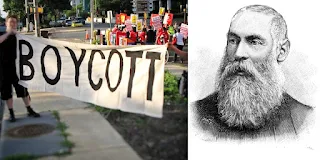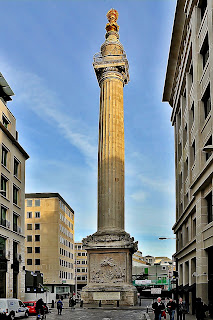She is considered a national heroine of England. Her husband, Prasutagus, was king of the Iceni (now Norfolk) as a client under Roman suzerainty.
When Prasutagus died in 60CE with no male heir, he left his private wealth to his two daughters and to the Roman emperor Nero, trusting thereby to win imperial protection for his family.bHowever, the Romans ignored Prasutagus’s will and seized his lands, flogged his widow, Boudica, and raped their two daughters.
While the Roman governor, Suetonius, was campaigning in Anglesey, Boudica led the Iceni and an allied tribe, the Trinovantes, in rebellion. She attacked Camulodunum (Colchester), where her troops slaughtered thousands and set fire to the temple of Claudius, killing those who sheltered inside. She then turned her attention on London, burning the Roman city and killing anyone who could not escape. According to the Roman historian Tacitus, Boudicca’s rebels massacred 70,000 Romans and pro-Roman Britons and cut to pieces the Roman 9th Legion.
In the final decisive battle of Boudicca’s revolt against Roman rule in Britain, a large British force was routed by the heavily outnumbered Romans under the command of Gaius Suetonius Paulinus.
Paulinus met the Britons at a point thought to be near present-day Fenny Stratford on Watling Street and regained the province in a desperate battle. The battle fought in 61 CE about 25 miles west of modern metropolitan Birmingham. Boudica's large force was routed by relatively small numbers of Roman force, who were superior in discipline, armor, and weaponry.
Boudica committed suicide after the battle, and with her death the revolt of the Iceni came to a prompt end. The battle marked the end of resistance to Roman rule in southern Britain, which was to last until 410.










